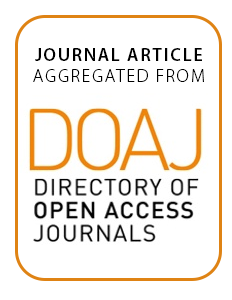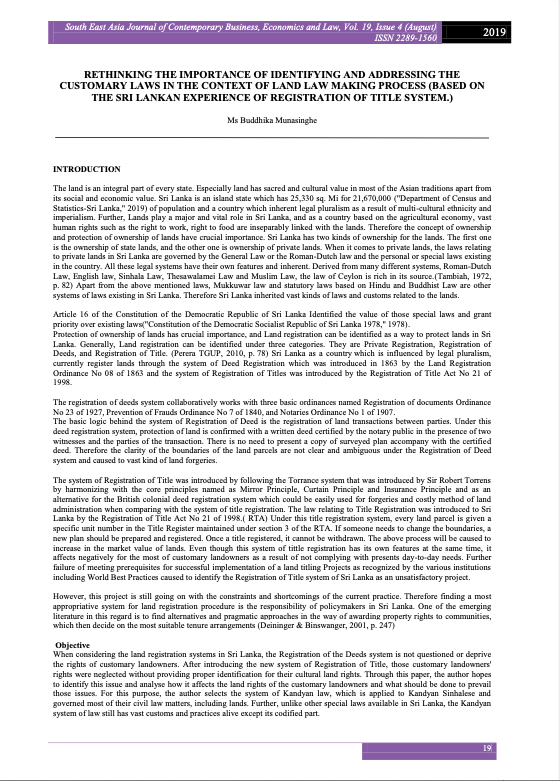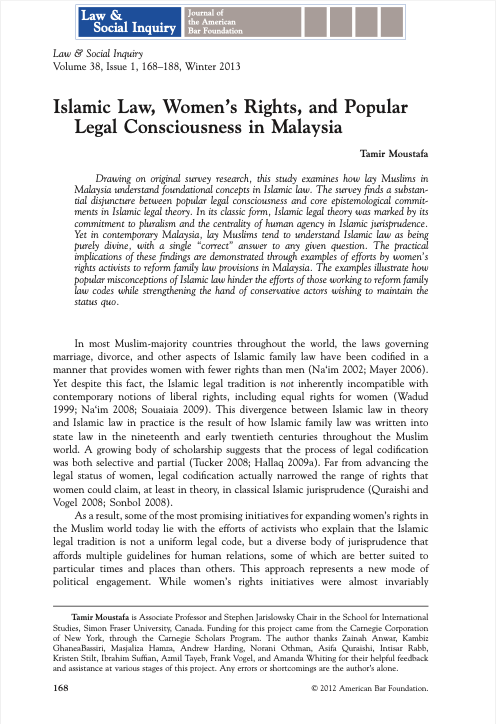Residential Location Preferences. The Significance of Socio-Cultural and Religious Attributes
The objective of this paper is to explore residential location preferences and how they are related to travel behavior. The literature focuses on the preferences in relation to physical and demographic aspects, such as land uses, facilities, transportation facilities, transportation services, car ownership, income, household size and travel accessibility. However, this study suggests social and cultural issue such as racial diversity which is literally to be a significance context. The case study reported here is based on Iskandar Malaysia’s development region.





